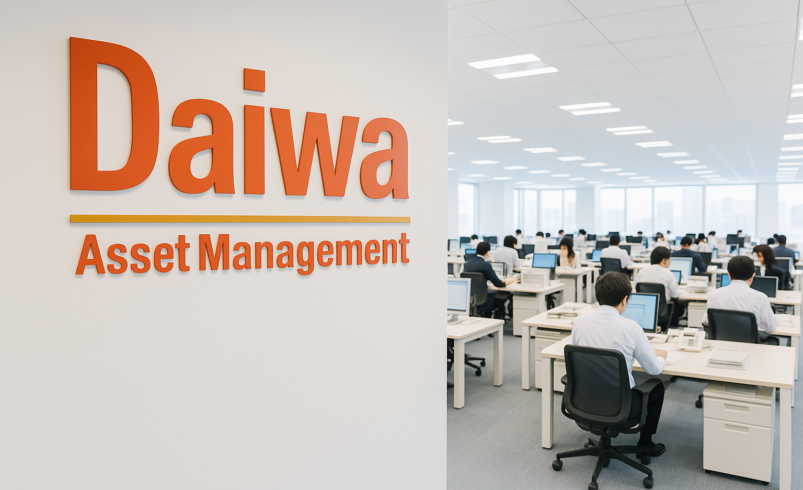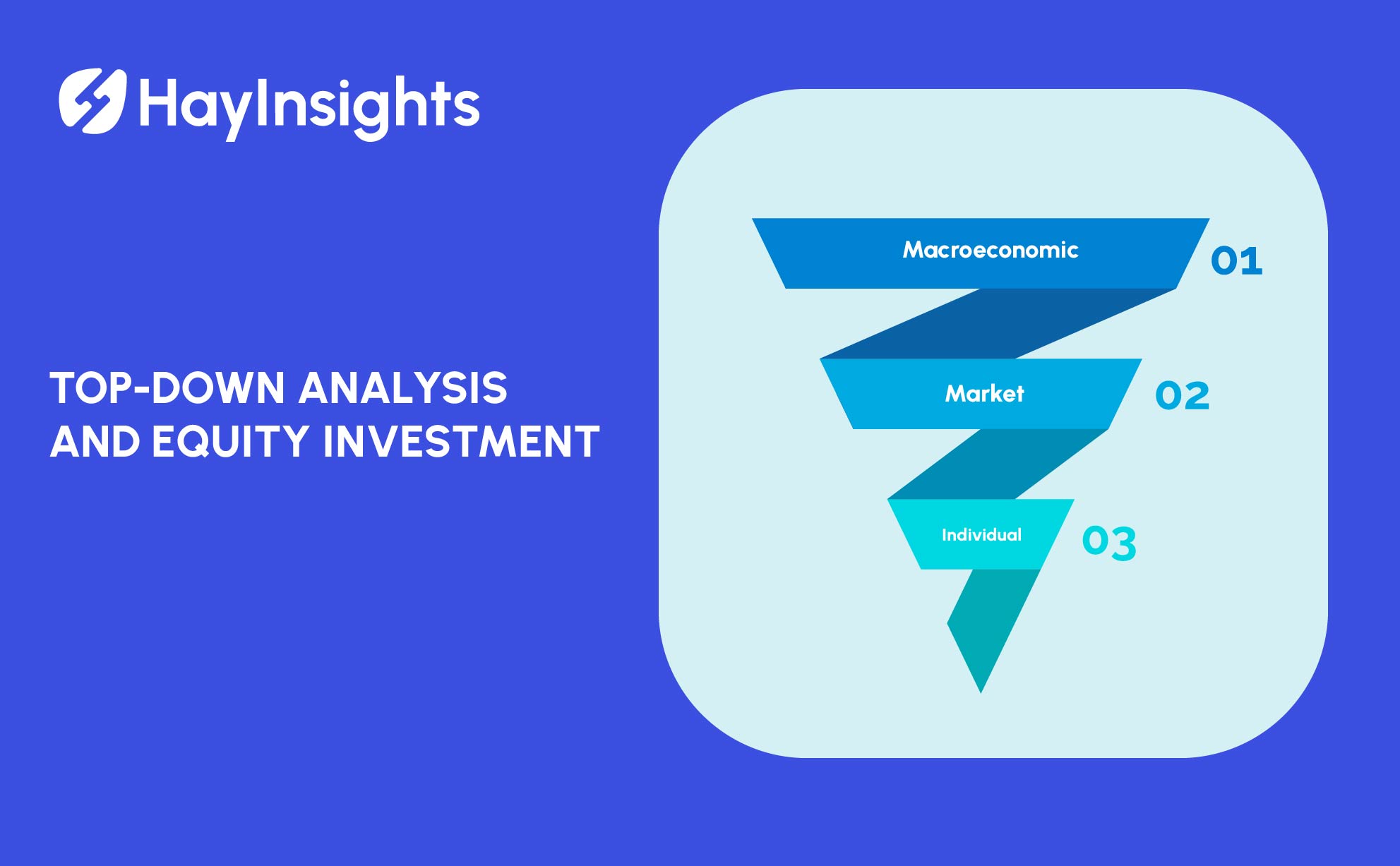
Unlocking Daiwa Asset Management Investment Strategy: Sustainability Focus 2025
In the intricate world of global finance, an investment firm’s strategy is its blueprint for success. It dictates how capital is allocated, risks are managed, and value is created for clients. One firm that has garnered significant attention, particularly within the Asian financial landscape, is Daiwa Asset Management. The Daiwa Asset Management investment strategy is not a singular approach but a comprehensive framework built on core principles, a strong emphasis on sustainability, and a diversified approach across various asset classes. By examining its foundational philosophy, specific methodologies, and strategic initiatives, one can gain a clear understanding of what sets this Japanese financial powerhouse apart.
Daiwa Asset Management’s core investment philosophy is rooted in a disciplined, evidence-based approach. The firm is committed to implementing investment strategies that provide corroborating evidence with objectivity, valid explanations using logic, and consistent replicability for the future. This is a deliberate move away from speculative, short-term tactics towards a more robust and sustainable model.
To put this into practice, the firm goes to great lengths to thoroughly comprehend the soundness of their investments, the complex mechanisms and structures of global financial markets, and even the nuances of human behavior that influence market trends. This deep understanding is supported by a strong organizational framework that underpins both their research and operational activities. This foundational philosophy ensures that every decision is backed by rigorous analysis, aiming to deliver consistent, long-term value for their stakeholders.
The Central Role of ESG and Sustainability in Their Strategy
A defining characteristic of the Daiwa Asset Management investment strategy is its profound commitment to Environmental, Social, and Governance (ESG) principles. The firm views ESG integration not as a peripheral consideration but as a fundamental driver for achieving stable revenue and steady asset growth over the medium to long term. They believe that by actively incorporating these factors into their investment management and advisory services, they can contribute to a more sustainable society while simultaneously enhancing corporate value.

This commitment manifests through a sophisticated stewardship and engagement framework. Daiwa Asset Management categorizes its engagement activities into three distinct types:
- Strong Engagement: This is the firm’s deepest level of engagement. It involves identifying specific themes and proactively encouraging the management teams of investee companies to address challenges directly. For instance, they may set an engagement theme around decarbonization and create a detailed plan outlining specific issues and desired resolutions. This approach is aimed at significantly improving asset management performance and fostering a culture of positive change within the companies they invest in.
- “Lingagement” (Linkage + Engagement): This is a unique and innovative approach that combines “linkage” and “engagement.” It refers to activities that support the enhancement of corporate value by providing investee companies with a platform to engage in discussions with other companies. This promotes the sharing of knowledge, best practices, and innovative solutions, creating a collaborative ecosystem that benefits all parties involved.
- Passive Engagement: This involves a more responsive dialogue, where the firm engages with investee companies in response to meeting requests or communicates its requests through letters. Even in this passive role, they strive to engage in dialogues that can serve as a catalyst for sustainability and corporate value enhancement over the long term, particularly for passive asset management where the option of selling holdings is not an option.
In their ESG framework, the firm is also committed to several key areas. On the environmental front, they support companies working to address climate change and develop financial products that contribute to environmental protection. They also actively mitigate their own environmental impact through resource conservation, energy-saving measures, and the “3Rs” (Reduce, Reuse, Recycle). Socially, Daiwa Asset Management holds a strong belief in respecting human rights, valuing diversity, and providing a supportive workplace. They also aim to build strong, collaborative partnerships with suppliers and business partners to create a sustainable supply chain. From a governance perspective, they ensure an effective compliance structure, transparency, and a robust risk management system.
A Diversified Approach Across Asset Classes
The Daiwa Asset Management investment strategy extends across a diverse range of asset classes, each with a tailored approach. While the overarching philosophy remains consistent, the application is adapted to the specific dynamics of each market.
Real Estate Investment
As a real estate asset management company with assets under management (AUM) exceeding 1 trillion yen, Daiwa has a significant presence in this sector. Their strategy is focused on long-term asset value enhancement. They invest in carefully selected properties that demonstrate strong market competitiveness and have the potential to grow in value over the long term.
This is complemented by proactive property management and operation to maintain and enhance asset value over time. The firm offers a wide array of financial products, including both listed and non-listed real estate investment corporations, catering to a broad spectrum of investor needs. This strategy is also deeply intertwined with their ESG commitment, with a focus on ensuring their properties are managed in a sustainable and environmentally conscious manner.
Venture Capital and Private Assets
Through its subsidiary, Daiwa Corporate Investment (DCI), the firm actively engages in venture capital. This part of the Daiwa Asset Management investment strategy is dedicated to supporting the growth of startups and emerging companies. The goal is to utilize funds from investors to create and revitalize industries, contributing to the sustainable development of a vibrant economy.
With a history of over 40 years, DCI has formed numerous funds and invested in thousands of companies, many of which have gone on to achieve successful IPOs. They are particularly active in overseas investments, with a focus on Asia, and have a subsidiary specializing in biotech investments. This approach demonstrates a forward-looking perspective, aiming to bridge the gap between entrepreneurs and investors to create mutual profitability.
A notable initiative in this area is the Emerging Managers Program (EMP). This program is designed to foster emerging asset managers by providing them with seed money. By doing so, Daiwa aims to expand its investment domains and diversify its products by discovering and supporting new fund managers with high-quality investment capabilities. This initiative is part of a broader push to contribute to the sophistication of Japan’s asset management industry and promote the country as a leading asset management center.
Strategic Alliances and a Global Vision
Beyond its direct investment strategies, Daiwa Asset Management’s approach to growth includes forming strategic alliances and expanding its global footprint. The firm recognizes that to compete on a global scale, it needs to be more than just a domestic company.
A prime example of this is the capital and business alliance with Japan Post Insurance. The firm’s leadership has publicly stated that this partnership is a key part of their strategy to reform the company and cultivate a more challenging, global spirit. By being entrusted with the management of some of Japan Post Insurance’s substantial assets, Daiwa Asset Management can expand its investment advisory business and create a platform that will attract interest from other major global investors. This alliance is not merely about asset growth but about establishing a foundation for a more robust and internationally recognized presence.
Furthermore, the firm is actively expanding its business in high-growth regions, such as Vietnam. Daiwa Asset Management is optimistic about the prospects of the Vietnamese market, citing its strong economic momentum and supportive policies. They plan to invest in key areas like infrastructure, renewable energy, and high-tech industries, with the goal of promoting economic modernization and diversification in the region. This strategic move highlights their global vision and their commitment to providing diversified investment options for their clients.
A Customer-Centric Business Operation
Finally, the Daiwa Asset Management investment strategy is guided by a commitment to its customers. The firm operates under a set of principles for “Customer-Oriented Business Operations,” which are publicly available. Their central belief is that unitholders and investors are their customers, and their primary goal is to continuously expand value for them.
They aim to achieve this by ensuring stable revenue and steady asset growth over the medium to long term. This commitment is reflected in their appropriate management of conflicts of interest and transparent disclosure of information. They have put in place robust management systems to avoid conflicts and ensure that all transactions are conducted with the highest degree of integrity and transparency, solidifying trust with their clients.
In conclusion, the Daiwa Asset Management investment strategy is a multi-layered and forward-thinking framework. It is built on a foundation of objective, logical, and replicable investment principles, with a strong commitment to ESG factors and active stewardship. This is complemented by a diversified approach across real estate, venture capital, and private assets, and a strategic focus on global expansion through key alliances.
By prioritizing long-term value creation, sustainability, and a customer-first approach, Daiwa Asset Management aims to not only succeed in the financial markets but also to contribute to a more sustainable and prosperous society.













